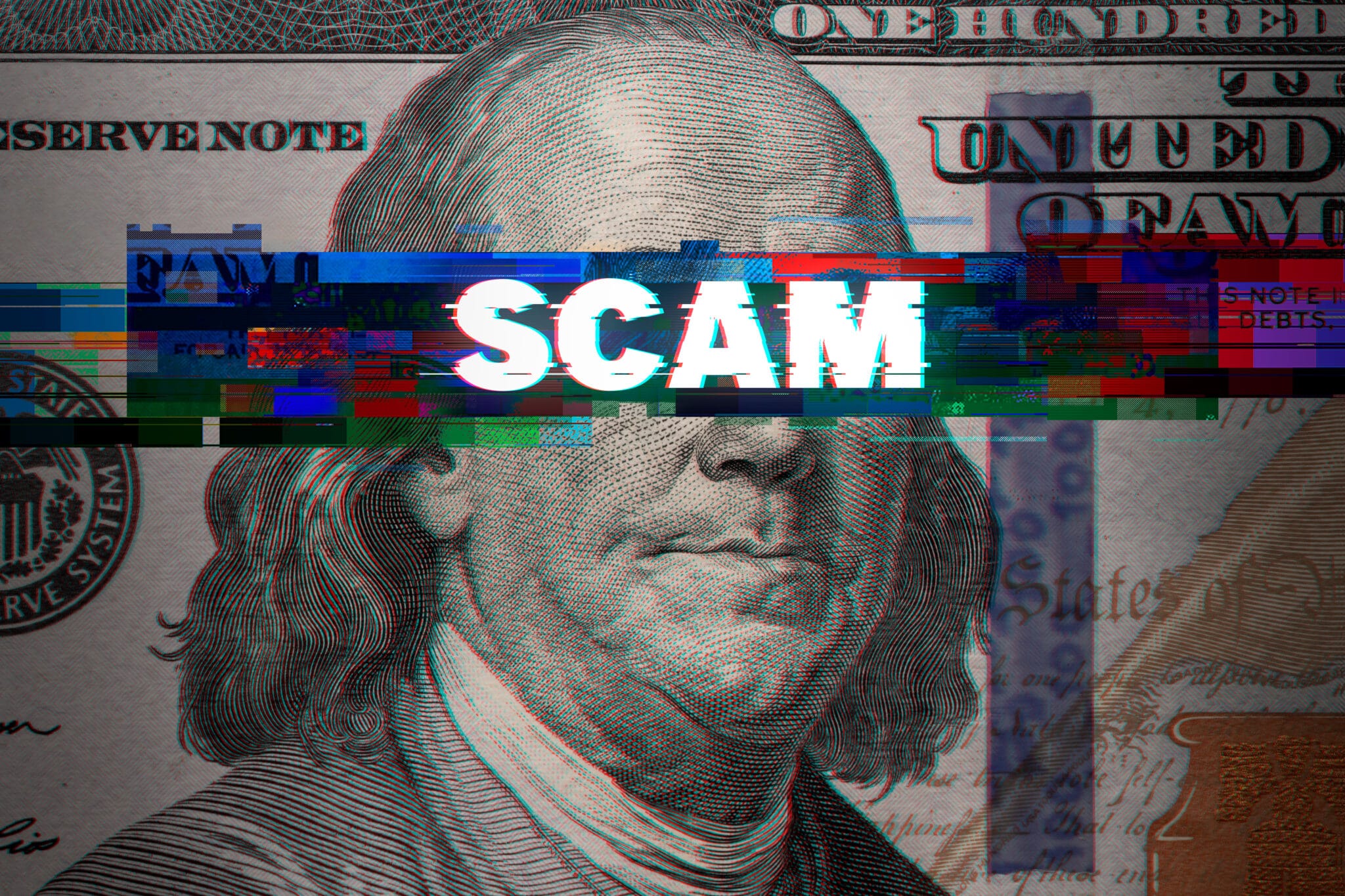On the heels of recent tornadoes that impacted eight states, Georgia officials are reminding residents to be careful where they send their money for relief efforts, as scammers are likely to come out of the woodwork to prey on a tragic situation.
Attorney General Chris Carr and Governor Brian Kemp are urging Georgia residents to beware of potential scams seeking donations for those impacted by the recent tornadoes.
“We know Georgians want to help those in need but it is important that all citizens remain aware of potential scams when contributing to tornado relief efforts,” said Carr. “Scam artists will prey on people’s generosity to commit financial or identity theft. Stay vigilant, be extremely cautious of unsolicited contacts and do your research before donating your hard-earned money.”
It is fairly easy for a scammer to set up a realistic-looking website, copy a logo or create a name that sounds very close to that of a well-known charity.
Consumers should also be careful when responding to ads or posts they see on social media or crowdfunding sites, as these are not always legitimate — even if they have been shared or liked by your friends. It is important to take your time to review an organization thoroughly before you give someone your money.
“Those impacted by this storm have been on Marty, the girls, and my mind,” Kemp said. “As we are all eager to help support recovery efforts and lend a hand to those in need, Attorney General Carr and I also want Georgians to be mindful of con artists that sometimes try and capitalize on these types of disasters. Please heed the advice below if you are called to give, and let’s make sure that any charitable efforts go to those who were impacted – not scammers.”
Before you donate:
- Consider donating only to charities you know and trust.
- The following websites can help you determine whether an organization is reputable and how likely it is to use your money effectively and efficiently:
- Find out whether the charity plans to share your contact information with other charitable organizations or marketing companies. This commonly occurs, which is why people often receive solicitations from other charities after making a donation. You can review a charitable organization’s donor privacy policies by visiting Charity Navigator and BBB Wise Giving Alliance.
- Never give out your credit card or bank account information in response to an unsolicited phone call, email or text. Instead, ask the person to mail you information.
Red flags that may indicate a scam:
- High-pressure sales tactics or excessively emotional appeals.
- Unsolicited emails – especially from someone claiming to be a victim – asking for your credit card or bank account information.
- Insistence that you pay via cash, wire transfer or gift cards.
- Charities that pop up quickly following a tragedy or natural disaster.
- Organizations that refuse to provide detailed information about their identity, mission, costs, how the donation will be used or proof that contributions are tax-deductible.
- Organizations that use a name that closely resembles that of a better-known, reputable organization.
Reporting Fraud:
You can report suspicious charitable solicitations to the Georgia Secretary of State’s Charities Division by calling 470-312-2640 or sending an email to charities@sos.ga.gov, or to the Georgia Attorney General’s Consumer Protection Division by visiting consumer.ga.gov or calling 404-651-8600.
Opportunities to Volunteer:
To view a list of volunteer organizations helping those affected by the recent tornadoes, visit Georgia Voluntary Organizations Active in Disaster (VOAD) or the Georgia Emergency Management and Homeland Security Agency.
The form you have selected does not exist.

Thom Chandler
Thom Chandler is the editor of The Georgia Sun and has been writing, editing and managing websites and blogs since 1995. He is a lifelong Georgian and one of those increasingly rare Atlanta natives.


